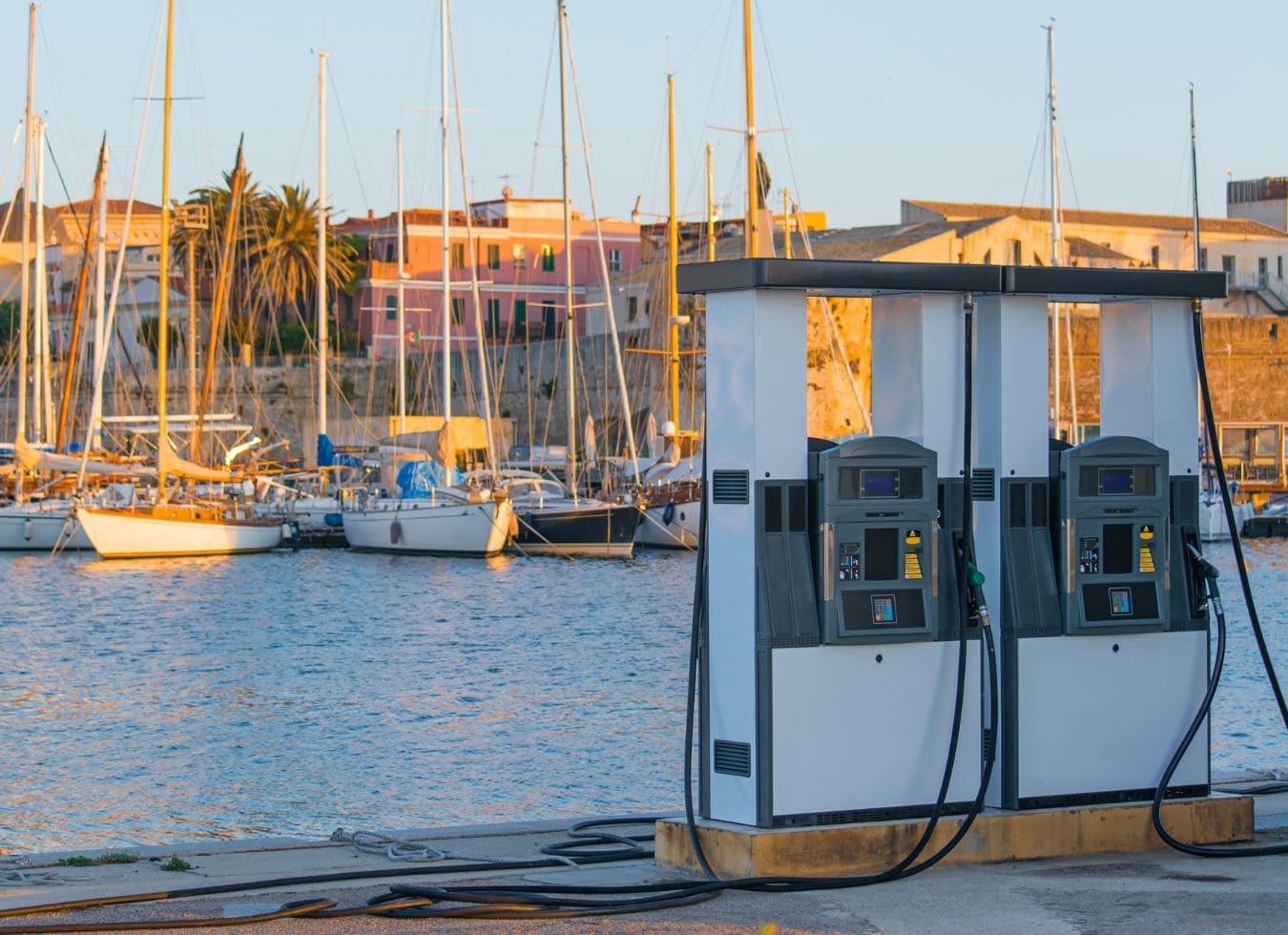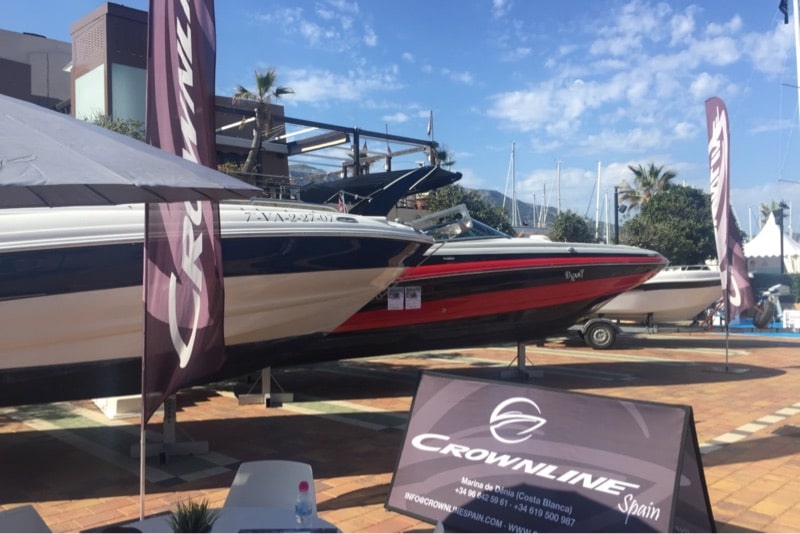What fuel do ships use?
Fuel diversity in the marine industry
The boating industry has been characterised by a wide variety of fuels used in boats, each with its own advantages, challenges and environmental considerations. From traditional fossil fuels to greener solutions, we will explore the different options available for boats. Whether you are considering a Crownline boat or any other vessel, it is important to be aware of the fuel alternatives available on the market.
Fossil fuels: The traditional option
For decades, fossil fuels such as diesel and gas oil have been the predominant choice for ship propulsion. These fuels offer high energy density, allowing them to provide the power needed to move large vessels. However, their environmental impact, with high emissions of greenhouse gases and pollutants, has led to the search for more sustainable alternatives.
Biofuels: A renewable alternative
In recent years, biofuels have gained ground in the marine sector. These fuels, derived from renewable sources such as vegetable oils, animal fats or organic waste, have a significantly lower carbon footprint compared to fossil fuels. In addition, some biofuels can be used directly in diesel engines without modification.
Liquefied natural gas (LNG): a cleaner option
Liquefied natural gas (LNG) has become an increasingly popular alternative in the marine industry. The fuel produces lower carbon dioxide emissions and virtually eliminates sulphur oxides and particulate matter emissions, making it a more environmentally friendly option. However, LNG bunkering infrastructure is still under development in many ports.
Hydrogen and Fuel Cells: The Future of Propulsion
At the forefront of innovation, hydrogen and fuel cells are emerging as promising solutions for ship propulsion. These systems generate electrical power from hydrogen, without producing polluting emissions. Although still in the development and testing stages, hydrogen and fuel cells represent a more sustainable future for shipping.
Key considerations in fuel choice
When selecting the right fuel for a vessel, there are several factors to consider, such as energy efficiency, emissions, infrastructure availability and operating costs.
Energy efficiency and performance
Fuel energy efficiency is crucial to maximise the vessel’s range and performance. Some fuels, such as LNG, offer higher efficiency compared to traditional fossil fuels.
Environmental impact and regulations
Environmental concerns and increasingly stringent emissions regulations have driven the adoption of cleaner fuels. Biofuels and hydrogen stand out for their lower carbon footprint and their ability to meet environmental standards.
Availability of infrastructure and logistics
Accessibility and availability of fuel supply infrastructure are key factors to consider. While fossil fuels have a wide distribution network, biofuels and LNG still face challenges in terms of coverage and supply logistics.
Operating and maintenance costs
In addition to energy efficiency, the operating and maintenance costs associated with each fuel type must be carefully assessed. Some alternative fuels may require higher initial investments, but can be offset in the long run by savings in consumption and emissions.
Towards more sustainable shipping
The marine industry is in a time of transition, where the diversity of fuels available offers both opportunities and challenges. While fossil fuels remain the predominant choice, the increasing adoption of greener solutions, such as biofuels, LNG and hydrogen, reflects the industry’s commitment to reduce its environmental impact and move towards more sustainable boating. As technology and infrastructure continue to evolve, the choice of the right fuel will become a key factor in ensuring efficient, cost-effective and environmentally responsible boating operations.


